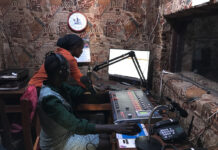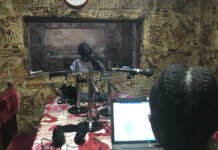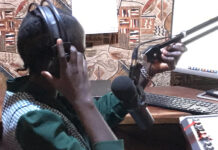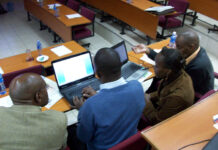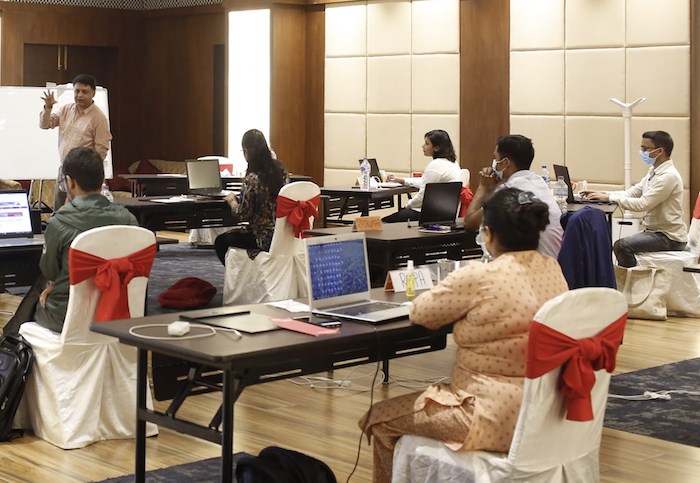
The growth of social media platforms has enabled people to express views and share content online, quickly and often. The ease of access to smartphones, data, and a wide variety of platforms has led to a deluge of online information. And not all of it is true.
Sometimes people share content without having adequate knowledge. This has been particularly evident during the Covid-19 pandemic.
When people are scared and have little knowledge about a topic they are more susceptible to spreading misinformation. That’s why misinformation spreads like a wildfire during major breaking news events.
People tend to share photos, memes or content that they find on social media without checking the veracity. In most cases, they do so with good intentions, perhaps to alert their family and friends.
But misinformation can be harmful because those reading the information tend to believe it and sometimes act on the basis of such information. And they, in turn, are likely to share it further.
In order for people to make informed decisions, they need to be provided with accurate and reliable facts. Fact-checking can play a critical role in this problematic news ecosystem.
Exposing the invisible – The Kit
Exposing the Invisible – The Kit has been developed by Tactical Tech in order to help people “develop the ability to question information that is false, find information when it is scarce and filter information when it becomes overwhelming.”
I was responsible for writing the part of The Kit that deals with fact-checking, including the following sections:
- The mindset needed for fact-checking
- How to get started with fact-checking
- How to stay safe when fact-checking
- How to fact-check the fact-checkers
- How to include fact-checking when carrying out investigative journalism
- The challenges of fact-checking
The Kit also includes experience of fact-checkers from Nepal and India.
For more information on fact-checking you can take a look at this list of articles and guides.
And if you need help understanding some of the terms used in any of these pieces you can refer to this glossary of definitions.




